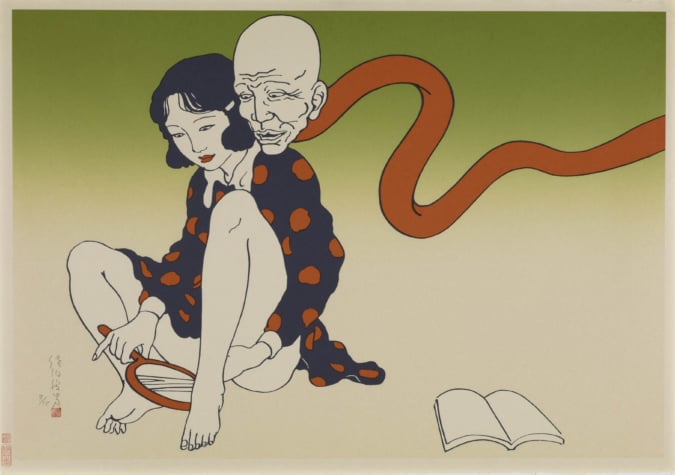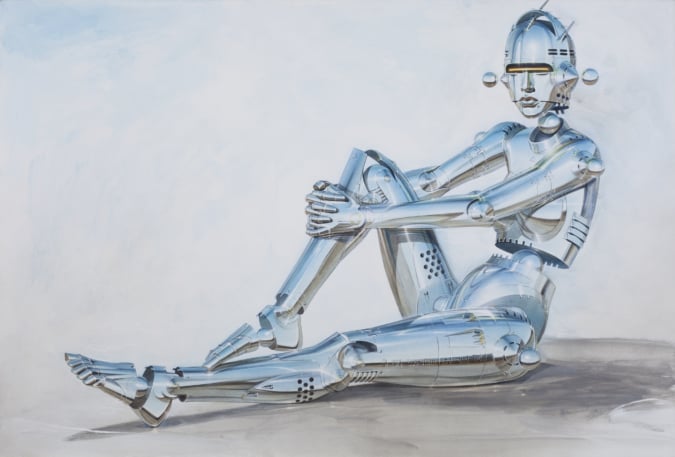‘Hana-bi’, Takeshi Kitano’s Coup d’Eclat
In this film, the director addresses death from a new angle, inspired by the motorbike accident that almost cost him his life.
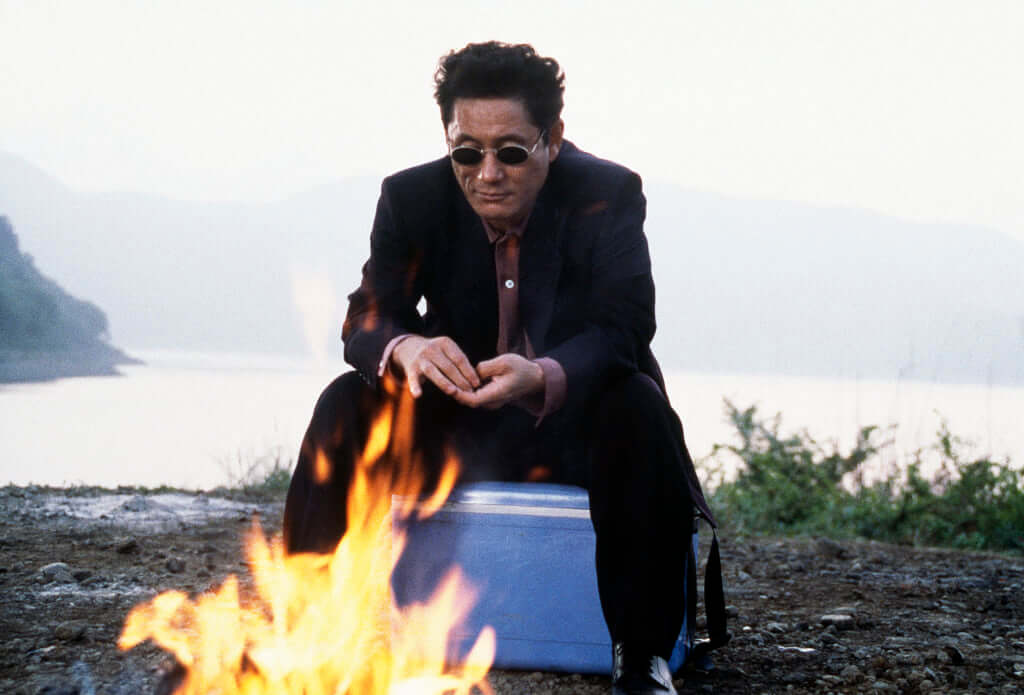
© 1997 Bandai Visual, TV Tokyo, Tokyo FM and Office Kitano – All rights reserved © 2017 The Jokers Films – All rights reserved
Winner of the Golden Lion award in Venice in 1997, Hana-bi propelled Takeshi Kitano to the forefront of the international scene. This official recognition marked an immediate change in status for the filmmaker in his home country; prior to this, the Japanese public had only known him as a TV comedian.
Takeshi Kitano has been an omnipresent figure in Japan since the early 1970s. First known for being part of a comedy duo, ‘Two Beats’ (Beat Takeshi and Beat Kiyoshi), he then became a famous television presenter. He tried his hand in the world of cinema, first as an actor and then as a director, and achieved recognition in 1993 with the film Sonatine. The following year, he had a brush with death in a motorbike accident, which left him physically (part of his face was paralysed) and psychologically wounded. This emotional shock drove him to direct an introspective film, Kids Return, before embarking upon his magnum opus, Hana-bi.
Facing death
‘In my earlier films like Sonatine, the theme of death was an obsession. Despite this, I ran away from any confrontation with the idea of death. In Hana-bi, however, I seek to accept this destiny.’ Accustomed to breaking genre conventions, Takeshi Kitano revisits the yakuza film, making the violence more graphic, even choreographic. The director’s approach towards death has changed significantly since he made his first films, and particularly since his tragic accident.
Hana-bi is in many respects the perfect blend of humanist expression and Takeshi Kitano’s unconventional formal tendencies. The plot is a pretext to touch on subjects that are more personal to the director. The film revolves around a stoic, violent detective, Nishi, played by Takeshi Kitano himself. He resigns from the police force when his partner is left paraplegic after a shootout and another of his colleagues is killed in the process. His personal life is equally unfortunate: his daughter has passed away and his wife Miyuki (Kayoko Kishimoto) is suffering from terminal leukaemia. In order to settle his debts with the yakuza and bid a peaceful farewell to his wife, Nishi decides to carry out a heist.
This is much more than a traditional detective film, as Takeshi Kitano uses genre cinema to engage in a study of Japanese society and its mentality. He dwells upon the love story between a man and a woman whose days are numbered, and for whom death is inevitable. This sensitivity, previously unseen in his films and heightened by the music of Joe Hisaishi, reveals the sense of optimism that can be drawn from general despair.
Hana-bi is a sublime, melancholic film that addresses mortality, morality, and repentance, and that allowed Takeshi Kitano to view his life from a new perspective. ‘Prior to my accident, I was trapped, in both my private and professional life. This film enabled me to face and find ways to control my anxieties.’
Hana-bi (1997) is a film directed by Takeshi Kitano and distributed by La Rabbia.
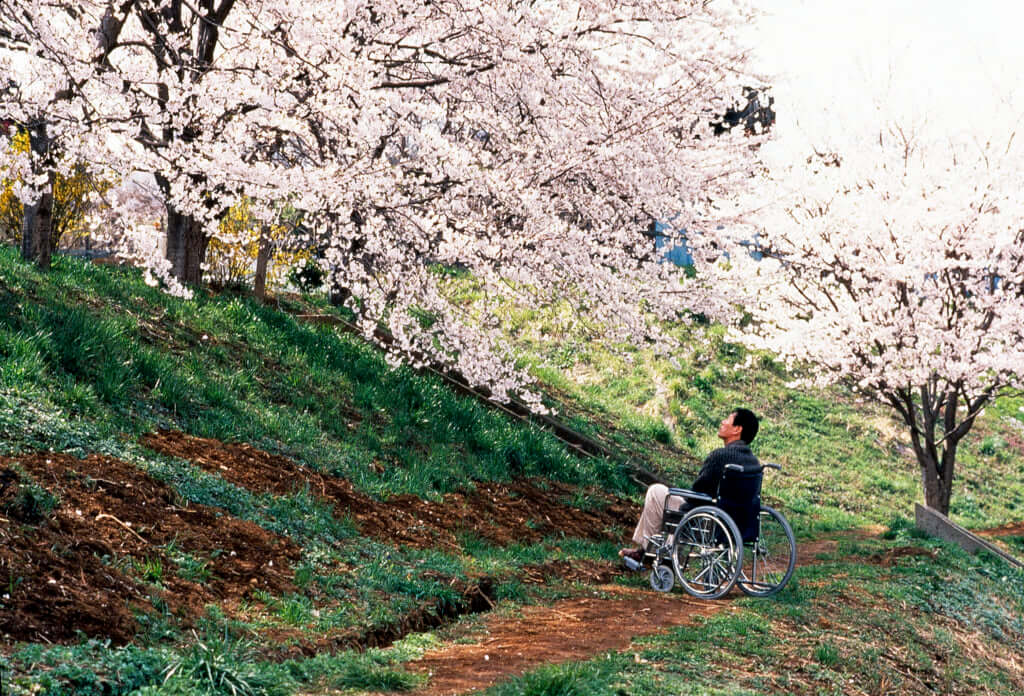
© 1997 Bandai Visual, TV Tokyo, Tokyo FM and Office Kitano – All rights reserved © 2017 The Jokers Films – All rights reserved
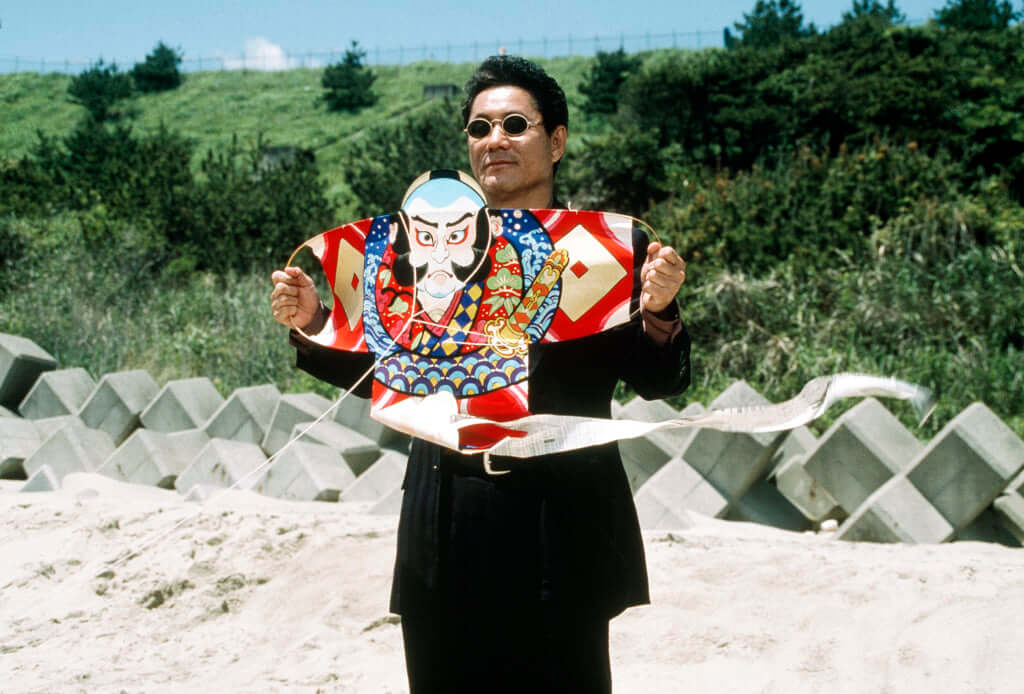
© 1997 Bandai Visual, TV Tokyo, Tokyo FM and Office Kitano – All rights reserved © 2017 The Jokers Films – All rights reserved
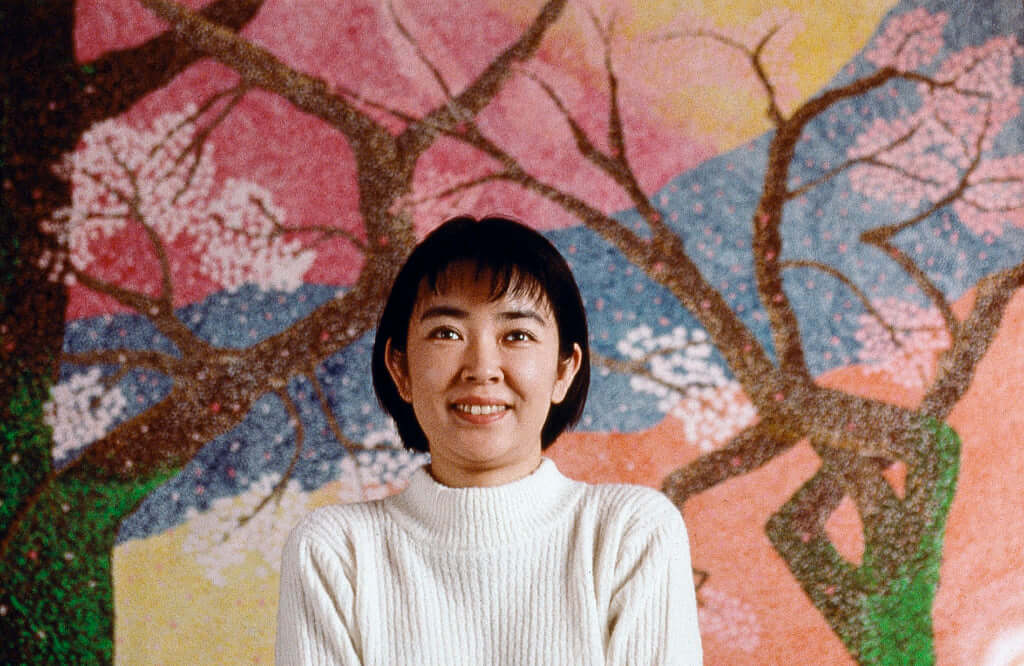
© 1997 Bandai Visual, TV Tokyo, Tokyo FM and Office Kitano – All rights reserved © 2017 The Jokers Films – All rights reserved
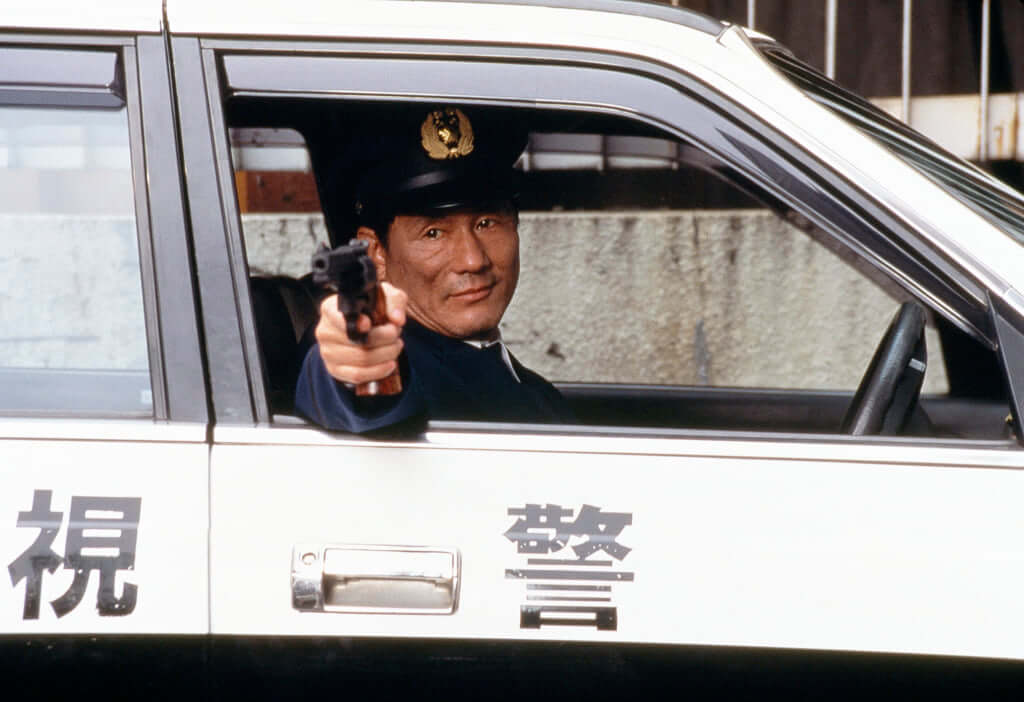
© 1997 Bandai Visual, TV Tokyo, Tokyo FM and Office Kitano – All rights reserved © 2017 The Jokers Films – All rights reserved
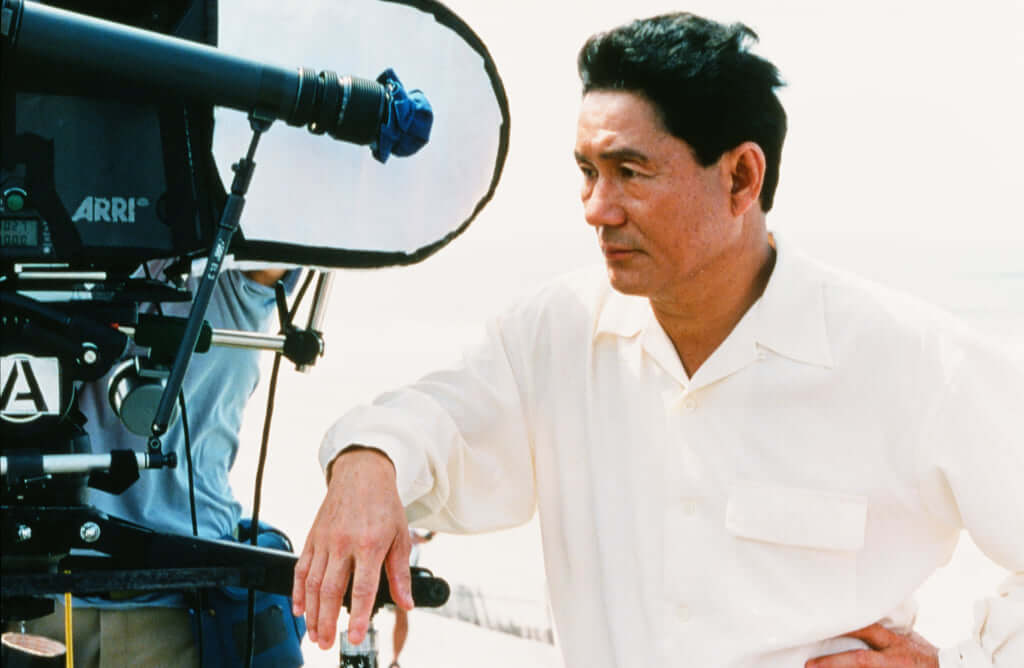
© 1997 Bandai Visual, TV Tokyo, Tokyo FM and Office Kitano – All rights reserved © 2017 The Jokers Films – All rights reserved
TRENDING
-
A House from the Taisho Era Reveals Its Secrets
While visiting an abandoned building, Hamish Campbell discovered photographs the owner had taken of the place in the 1920s.

-
The Taboo-Breaking Erotica of Toshio Saeki
The master of the 1970s Japanese avant-garde reimagined his most iconic artworks for a limited box set with silkscreen artist Fumie Taniyama.

-
With Meisa Fujishiro, Tokyo's Nudes Stand Tall
In the series 'Sketches of Tokyo', the photographer revisits the genre by bringing it face to face with the capital's architecture.

-
Masahisa Fukase's Family Portraits
In his series ‘Family’, the photographer compiles surprising photos in which he questions death, the inescapable.

-
Hajime Sorayama's Futuristic Eroticism
The illustrator is the pioneer for a form of hyperrealism that combines sensuality and technology and depicts sexualised robots.


